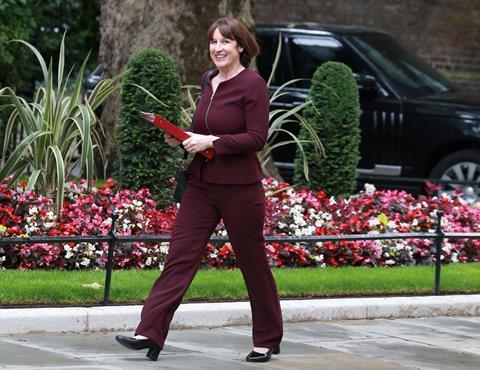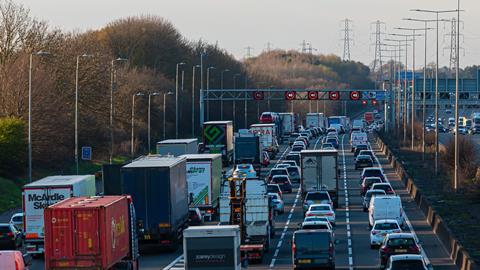The current fuel duty freeze must be maintained or many more businesses in the haulage sector will not survive the rising costs, according to the RHA.
Ahead of the 30 October Budget and amid speculation that the Chancellor is poised to raise fuel duty by 7ppl, the trade association urged the government to reconsider any moves to reverse the freeze on duty that has been in place for 14 years.
Richard Smith, RHA MD, said: “As outlined in the recent centre for economics and business research report, diesel prices here are already higher than in any EU member state.
“In fact, the cost of fuel accounts for 31-36% of all running costs for many businesses in the road transport sector, be that HGVs, LGVS or coaches.
“We’re clear that at a time when operating costs are higher and profit margins are lower - with record numbers of insolvencies, many business simply wouldn’t be able to sustain such additional expense.
“Firms are under pressure as it is and such a rise in fuel duty would be catastrophic for many, in particular Britain’s SMEs.”
The RHA added that increasing fuel duty would also damage the economy; its analysis showed that a 5p increase could cut £430m from Britain’s national income each year for the next five years.

PricewaterhouseCoopers (PwC) said fuel duty, as well as VED and insurance premium taxes, would need to be looked at in the Budget due to the country’s gradual transition to electric vehicles:
“There’s a circle that’s hard to square as we move as a nation to EVs,” said Grant Klein, transport leader at PwC.
“On the one hand, net zero objectives point to needing to incentivise purchase of EVs; and on the other, there’s an impending ‘boiling frog’ black hole from a reduction in the fuel duty generated from the purchase of petrol and diesel as more people switch to EVs.”














